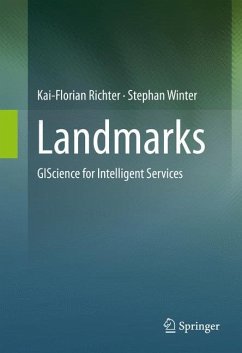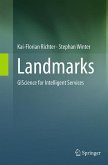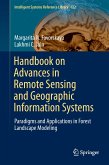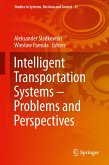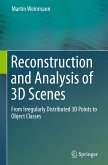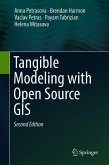This book covers the latest research on landmarks in GIS, including practical applications. It addresses perceptual and cognitive aspects of natural and artificial cognitive systems, computational aspects with respect to identifying or selecting landmarks for various purposes, and communication aspects of human-computer interaction for spatial information provision. Concise and organized, the book equips readers to handle complex conceptual aspects of trying to define and formally model these situations. The book provides a thorough review of the cognitive, conceptual, computational and communication aspects of GIS landmarks. This review is unique for comparing concepts across a spectrum of sub-disciplines in the field. Portions of the ideas discussed led to the world's first commercial navigation service using landmarks selected with cognitive principles. Landmarks: GI Science for Intelligent Services targets practitioners and researchers working in geographic information science, computer science, information science, cognitive science, geography and psychology. Advanced-level students in computer science, geography and psychology will also find this book valuable as a secondary textbook or reference.
"This book focuses on how landmarks can be (or should be) used on an intelligent navigation system ... . recommended to cognitive and behavioral scientists who are interested in the practice of navigation assistance and computer scientists interested in the theoretical research into human spatial cognition. Each chapter is provided with a good reference list, which helps graduate students to continue further research on wayfinding and navigation. The book's thoughtful discussions open the door to future research questions as well." (Toru Ishikawa, Künstliche Intelligenz, Vol. 31, 2017)
"It is a timely, well-researched, and well-written review of perceptual, cognitive, and computational modeling perspectives on the question of landmarks in the urban environment. ... Researchers and graduate students in the computer and geographical sciences will find this an interesting and informative review of research and concepts in its scope. ... This book is a very readable and instructive resource for those interested in geospatial representation and reasoning and related subjects, especially in urban settings." (R. M. Malyankar, Computing Reviews, December, 2014)
"It is a timely, well-researched, and well-written review of perceptual, cognitive, and computational modeling perspectives on the question of landmarks in the urban environment. ... Researchers and graduate students in the computer and geographical sciences will find this an interesting and informative review of research and concepts in its scope. ... This book is a very readable and instructive resource for those interested in geospatial representation and reasoning and related subjects, especially in urban settings." (R. M. Malyankar, Computing Reviews, December, 2014)

